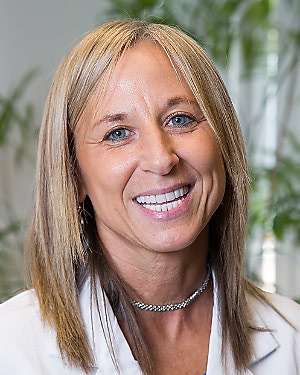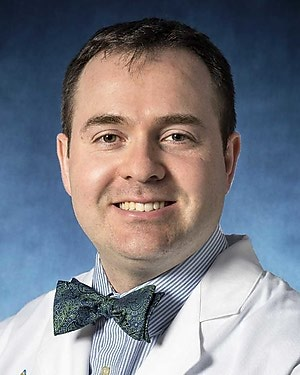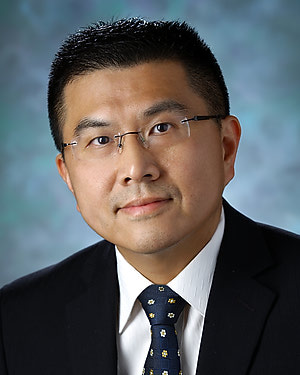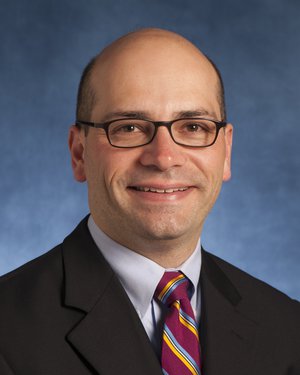Research Lab Results
-
Jody Tversky Lab
The Jody Tversky Lab studies dendritic cells in allergy and immunotherapy; cluster immunotherapy clinical observations and immune tolerance; and clinical diagnostic sensitivity of 10 allergy skin prick devices.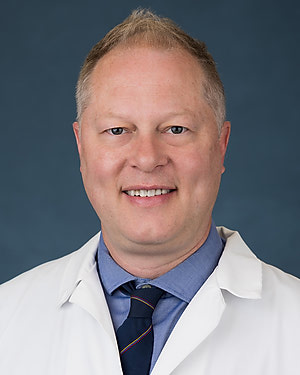
-
Drew Pardoll Lab
The Pardoll Lab focuses on the regulation of antigen-specific T cell responses and studies approaches to modify these responses for immunotherapy. Pardoll has a particular interest in cancer immunology and his lab’s studies on basic immunologic mechanisms have led to the development and design of a number of cancer vaccines and discovery of key checkpoint ligands and receptors, such as PD-L2, LAG-3 and neuritin, many of which are being targeted clinically. Our primary pursuits are discovering and elucidating new molecules that regulate immune responses, investigating the biology of regulatory T cells, and better understanding the specific biochemical signatures that allow a patient’s T cells to selectively target cancer cells.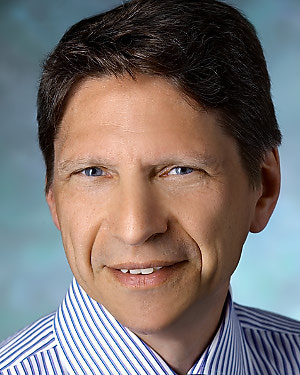
-
Drug Discovery Group
Barbara Slusher, M.A.S., Ph.D., leads a 20-member veteran drug discovery team of medicinal chemists, assay developers, pharmacologists, toxicologists and pharmacokinetic/drug metabolism experts, who identify novel drug targets arising from JHU faculty’s research and translate them into new, small molecule drug therapies. Her team collaborates extensively with faculty at the Bloomberg~Kimmel Institute for Cancer Immunotherapy and leads the BKI immunotherapy drug discovery core, aimed at developing new immune-targeting drug therapies for laboratory and clinical testing at Johns Hopkins. -
Eugene Shenderov Laboratory
The Shenderov Lab focuses on the elucidation of the mechanisms of immune response and resistance to immunotherapy in Prostate Cancer. This has led to clinical and basic research investigating the presumptive checkpoint inhibitor B7-H3. In pursuit of understanding biomarkers or resistance and response, and regulatory molecules of immune response, we utilize artificial intelligence, immunogenomics, and spatial proteomics and transcriptomics in the laboratory and at the bedside using clinical trial correlative samples. -
Lei Zheng Lab
Zheng’s research focuses on two R01-funded projects; first, the group has developed a pancreatic cancer immunotherapy research program on a neoadjuvant therapy platform as well as a number of preclinical models of pancreatic cancer for developing innovative immunotherapy strategies. The group has applied the knowledge gained from pancreatic cancer immune-based therapies to the development of a colorectal cancer GVAX vaccine. Second, the group is aimed at understanding the mechanistic roles of the tumor microenvironment in cancer development and metastasis and identifying new targets for pancreatic cancer therapies by dissecting the tumor microenvironment of pancreatic cancer. -
Suzanne Topalian Lab
Our lab currently focuses on three areas of immunotherapy research: gaining a deeper knowledge of the biological underpinnings of human autoimmune response; discovering biomarkers that will help us identify which patients and tumor types are most likely to respond to various immune therapies; and developing immune-based treatment combinations that could deliver a more powerful anti-tumor response than monotherapies.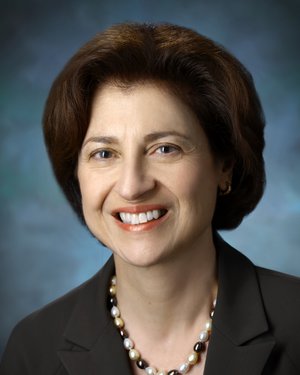
-
Victor Velculescu Lab
The lab currently focuses on identifying genetic alterations in cancer affecting sensitivity and resistance to targeted therapies, and connecting such changes to key clinical characteristics and novel therapeutic approaches. We have recently developed methods that allow noninvasive characterization of cancer, including the PARE method that provided the first whole genome analysis of tumor DNA in the circulation of cancer patients. These analyses provide a window into real-time genomic analyses of cancer patients and provide new avenues for personalized diagnostic and therapeutic intervention. -
Konig Lab
The Konig Lab focuses on chimeric T cell- and antibody-based strategies for the treatment of autoimmune rheumatic diseases and cancer. A primary goal of the translational research program is the development of antigen-specific and personalized immunotherapies for autoimmune diseases, with the intent to achieve sustained disease remission and functional cure. The lab further aims to establish precision T cell-targeting therapies for the treatment of various autoimmune diseases. Applying these tools to immuno-oncology, the lab utilizes cellular engineering strategies to augment the cytotoxic killing of solid cancers by the immune system.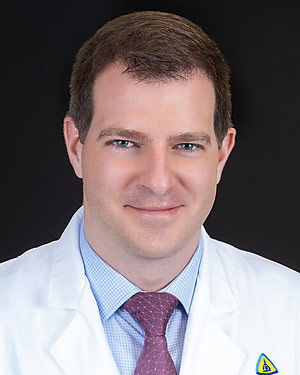
-
Franck Housseau Lab
The Franck Housseau Lab focuses on the role of the microbiome in colorectal tumorigenesis and on developing a better understanding of the tumor immune microenvironment. The lab is currently working to define the biomarkers of a pre-existing antitumor immune response in metastatic colorectal cancer to define a population of patients eligible for checkpoint blockade therapies.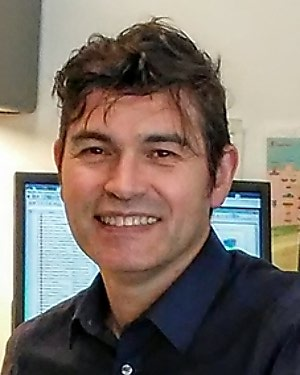
-
Robert Anders Lab
Dr. Anders’ laboratory focuses on the basic processes that lead to cancer. His team approaches these questions through the use of both experimental models and examination of human tissues. His team is specifically interested in interrogating the immune microenvironment of cancer, detecting circulating cancer cells and preventing cancer metastasis.

